An investigation into posts on social media by two members of the Research England Expert Advisory Group on Equality, Diversity and Inclusion (EDI) has found no evidence of failure to adhere to the Nolan principles that guide conduct in public life. This comes in response to an open letter published by the secretary of state for science, innovation and technology, Michelle Donelan on 28 October 2023, objecting to ‘extremist views’ shared on X, formerly Twitter, relating to the Israel–Hamas war and other contested issues, by members of the EDI advisory group.
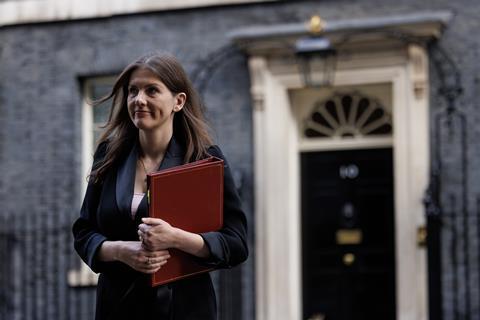
Although Donelan acknowledged at the time that academic freedom and free speech were ‘totally sacrosanct’, she said she was outraged by several posts that she characterised as expressing sympathy or support for Hamas. Her letter named two committee members – Kate Sang and Kamna Patel – and called for the EDI group to be discontinued as it added ‘burden and bureaucracy’ and showed little evidence of effectiveness.
In response to the letter, UKRI suspended the EDI panel with immediate effect, launched an investigation and promised to review its advisory structures.
In a statement published on 5 March, the UKRI said its investigation had found no evidence of a breach of the EDI panel’s terms of reference and no failure to uphold the Nolan principles, which include integrity, objectivity and honesty. ‘Moreover, the UKRI board found no evidence in the public domain of support for a proscribed terrorist organisation or the sharing of extremist material and no grounds to remove any individual members of the Research England Expert Advisory Group on EDI,’ UKRI continued, adding that it regretted any ‘difficulties’ experienced by members of the group during this period.
UKRI chief executive, Ottoline Leyser, said it was the organisation’s intention, as soon as concerns were raised by Donelan, to adopt a ‘well-governed process to support evidenced, principled decisions’. ‘I am grateful for the thorough work of all those involved in this investigation. I hope this will bring clear resolution in a way that best supports all of those who serve on our advisory groups, and research and innovation in the UK .’
Shortly after the investigation findings were published, Donelan posted a statement on X in which she reflected on her concerns that there were ‘process failings’ in the appointment of members of the EDI board.
My statement on recent correspondence relating to Research England’s Equality, Diversity and Inclusion Expert Advisory Group. pic.twitter.com/Fn3xRdwjxX
— Michelle Donelan MP (@michelledonelan) March 5, 2024
‘In my letter, I quoted a tweet from Professor [Kate] Sang which appeared to me to express disagreement with the government’s crackdown on Hamas support in the UK and I suggested she was expressing sympathy and support for Hamas,’ Donelan explained. ‘Professor Sang has subsequently clarified to me that her comment “this is disturbing” was meant in relation to the entire Guardian article and not just the headline quoted in her tweet.’
‘I am grateful for Professor Sang’s clarification, and I am pleased to be able to withdraw my original concerns in relation to this specific tweet .’
Donelan added that she wanted to reiterate that she ‘never thought or claimed’ that any member of the board had committed a criminal offence. ‘I fully accept that she is not an extremist, a supporter of Hamas or any other proscribed organisation and I note that an independent investigation has concluded that there is no evidence that she is .’
She confirmed that she had now deleted her original post on X.
Sang – who launched a libel action against Donelan after she posted the letter – said she was ‘delighted’ that the matter had now concluded, but that she was ‘very disturbed’ by the way in which Michelle Donelan and UKRI had behaved.
‘Had they asked me at the start, I would have explained the true position,’ she said. ‘Instead, Michelle Donelan made a cheap political point at my expense and caused serious damage to my reputation.’
The lawyers who represented Sang in her libel complaint said Donelan had agreed to pay ‘damages and costs’ to Sang. The Department of Science, Innovation and Technology confirmed that a nominal sum was paid with the aim of reducing the overall costs resulting from protracted legal action. In her statement, Sang said she would donate some of the money to charity.




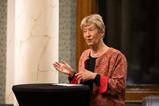
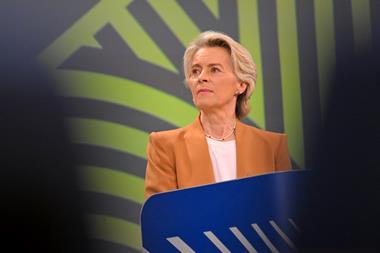


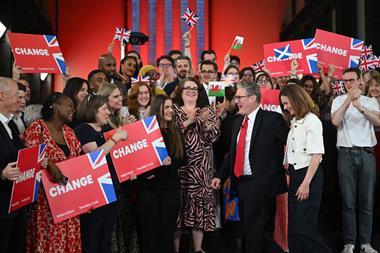
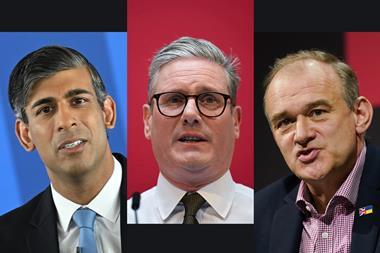



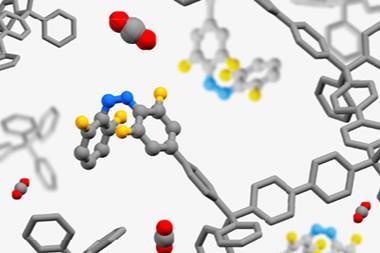
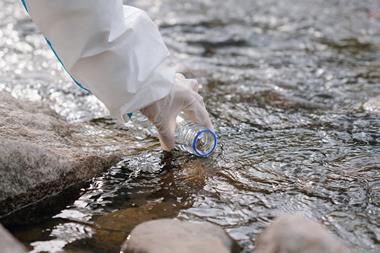
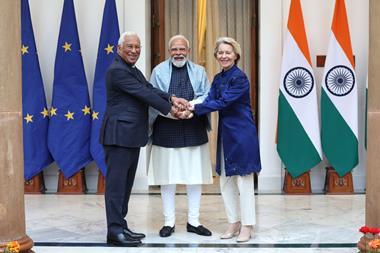

No comments yet